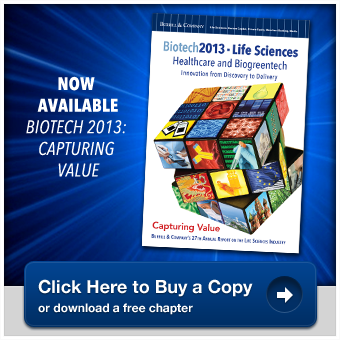“Officials believe the product involves more than the minimal manipualtion of cells that would qualify it for lesser oversight.”
OvaScience says a lack of clarity around the U.S. Food and Drug Administration’s classification of its experimental in-vitro fertilization product has prompted it to suspend enrollment in its United States clinical trial and pursue trial enrollment abroad.
The FDA sent the company a letter questioning the status of its product and advised it to file an Investigational New Drug application because officials believe the product involves more than the minimal manipualtion of cells that would qualify it for lesser oversight.
OvaScience’s trial was designed to test the ability of young mitochondria to improve the quality of aged eggs used in assisted reproductive therapy and ultimately to increase the success of in vitro fertilization procedures. At issue is whether the mitochondria in OvaScience’s candidate—purified from egg precursor cells isolated from a patient’s own ovarian tissue and classified as human cell, tissue, and cellular and tissue-based product—require premarket approval.
The company began enrollment in a clinical trial in the United States prior to filing an investigational new drug application, prompting the FDA letter. Dipp stated during a conference call that while the study is not on clinical hold and the FDA letter is based on preliminary information, the company will move ahead with enrollment outside of the United States in 2014 while it works with the FDA to resolve the issue.
OvaScience’s technology allows those working in reproductive medicine to identify and isolate egg-producing stem cells from ovarian tissue, collect healthy and energetic mitochondria from the cells, and then co-inject the mitochondria with the sperm during intra-cytoplasmic sperm injection.
A human cell or tissue product that meets certain established criteria is subject to less regulation under section 361 of the Public health Service Act. Since OvaScience takes a woman’s own mitochondria from her own cells, does not combine the mitochondria with other drugs or devices, uses them only for reproductive purposes, and minimally manipulates them, CEO and co-founder Michelle Dipp says that the final product qualifies for 361 classification. If the product does not meet the criteria, it is regulated as a drug, device, and/or biological product, and approval must follow the appropriate path.
September 12, 2013
http://www.burrillreport.com/article-ovascience_tussles_with_fda_over_trial.html





.gif)